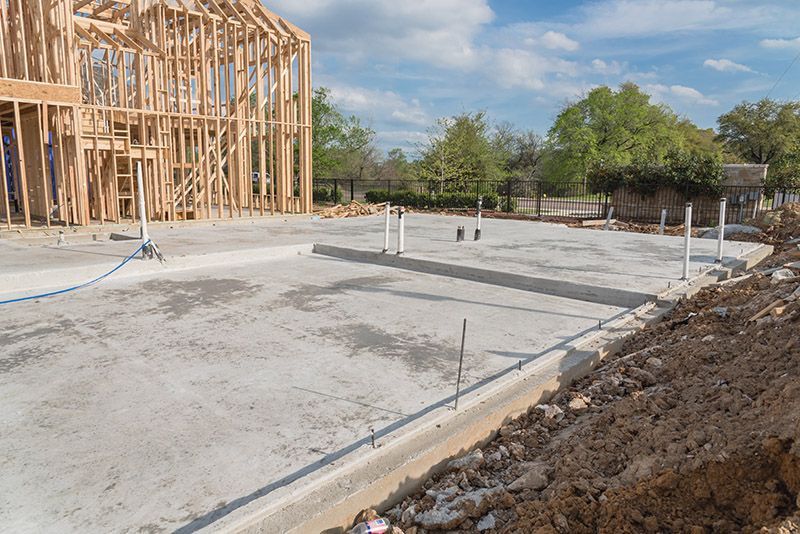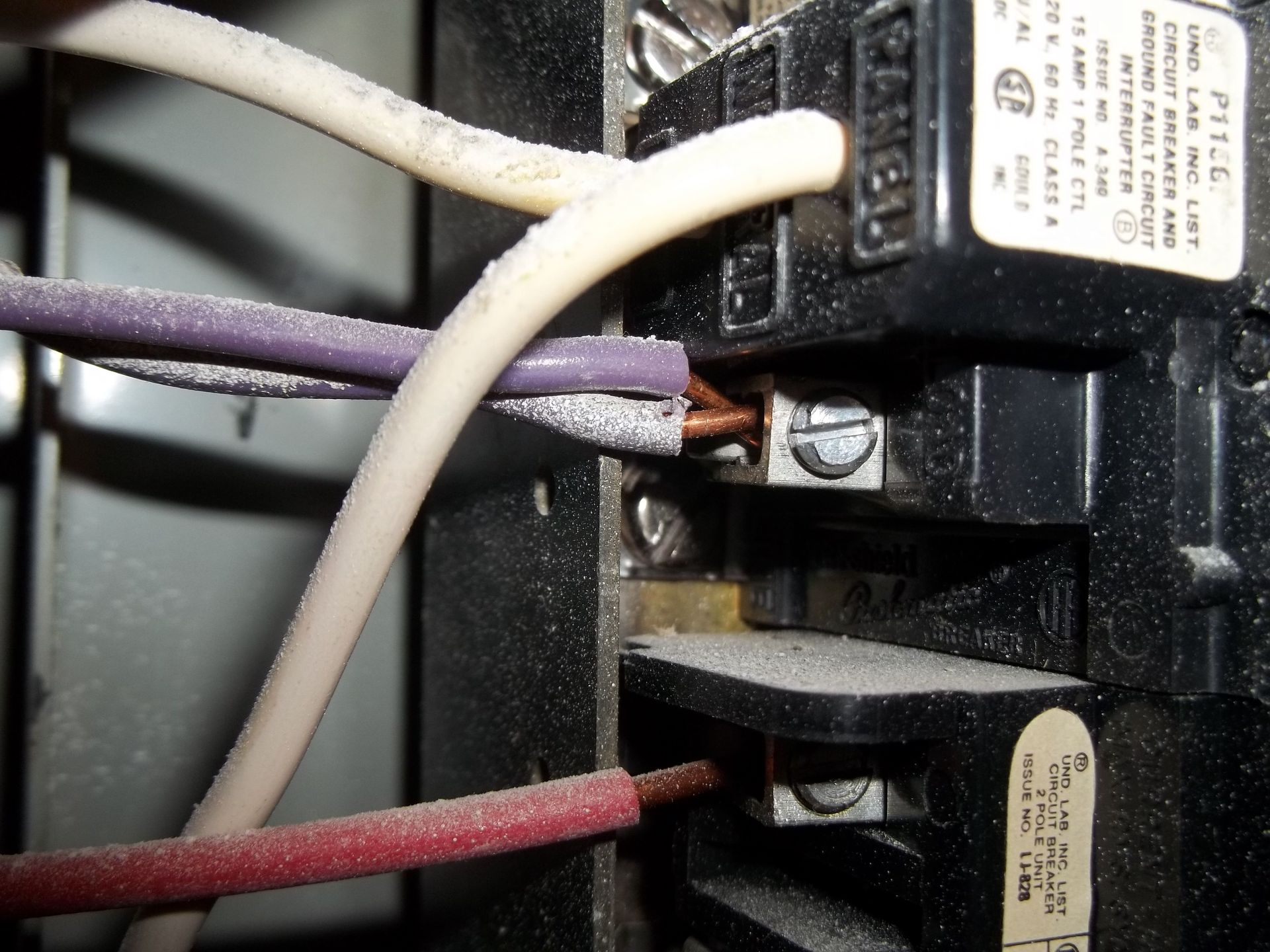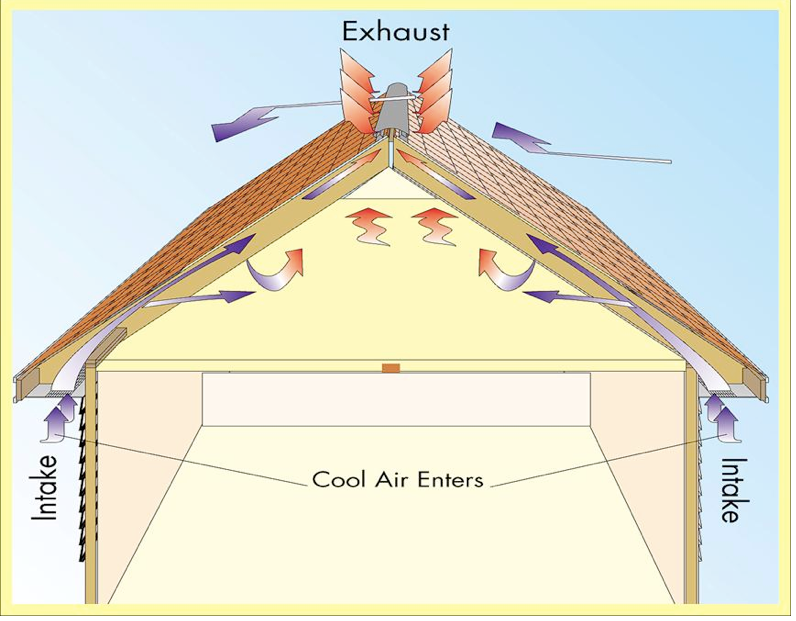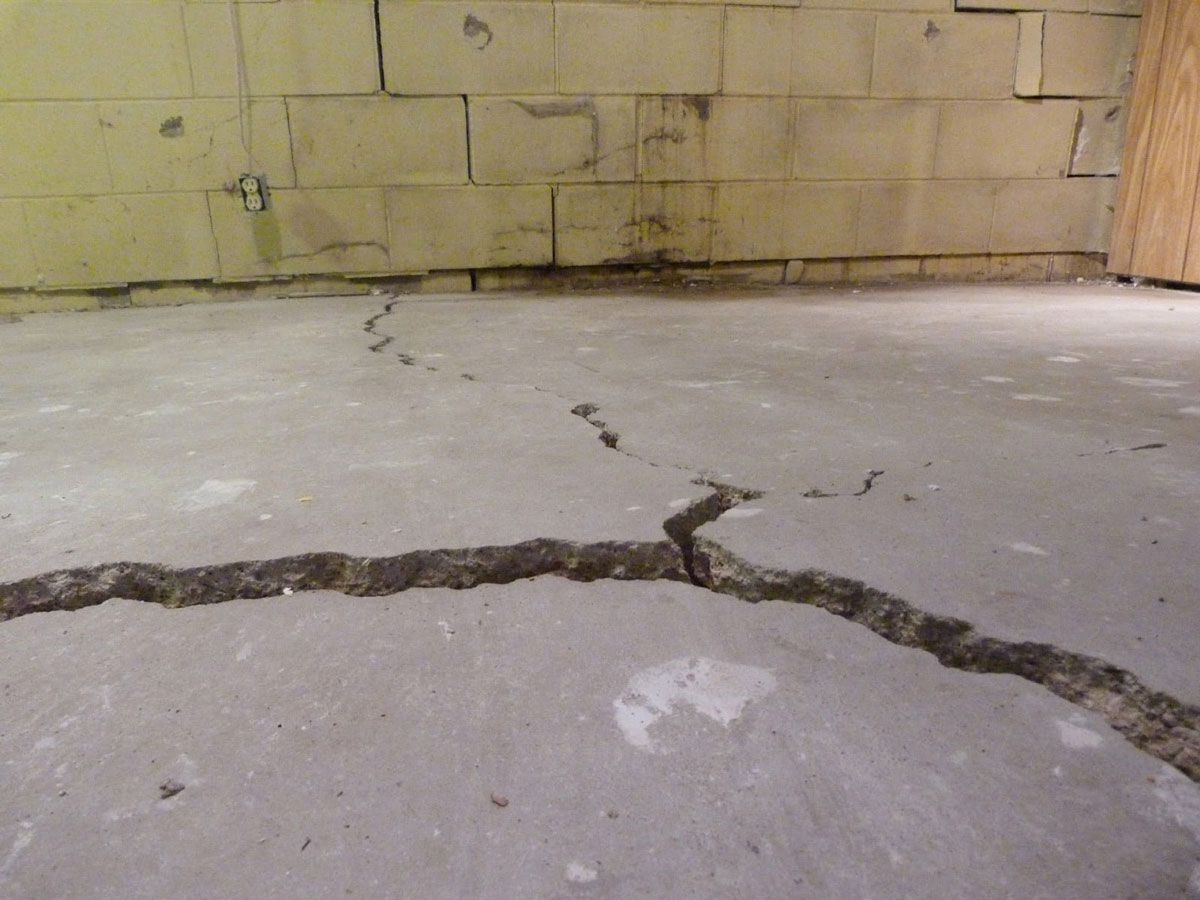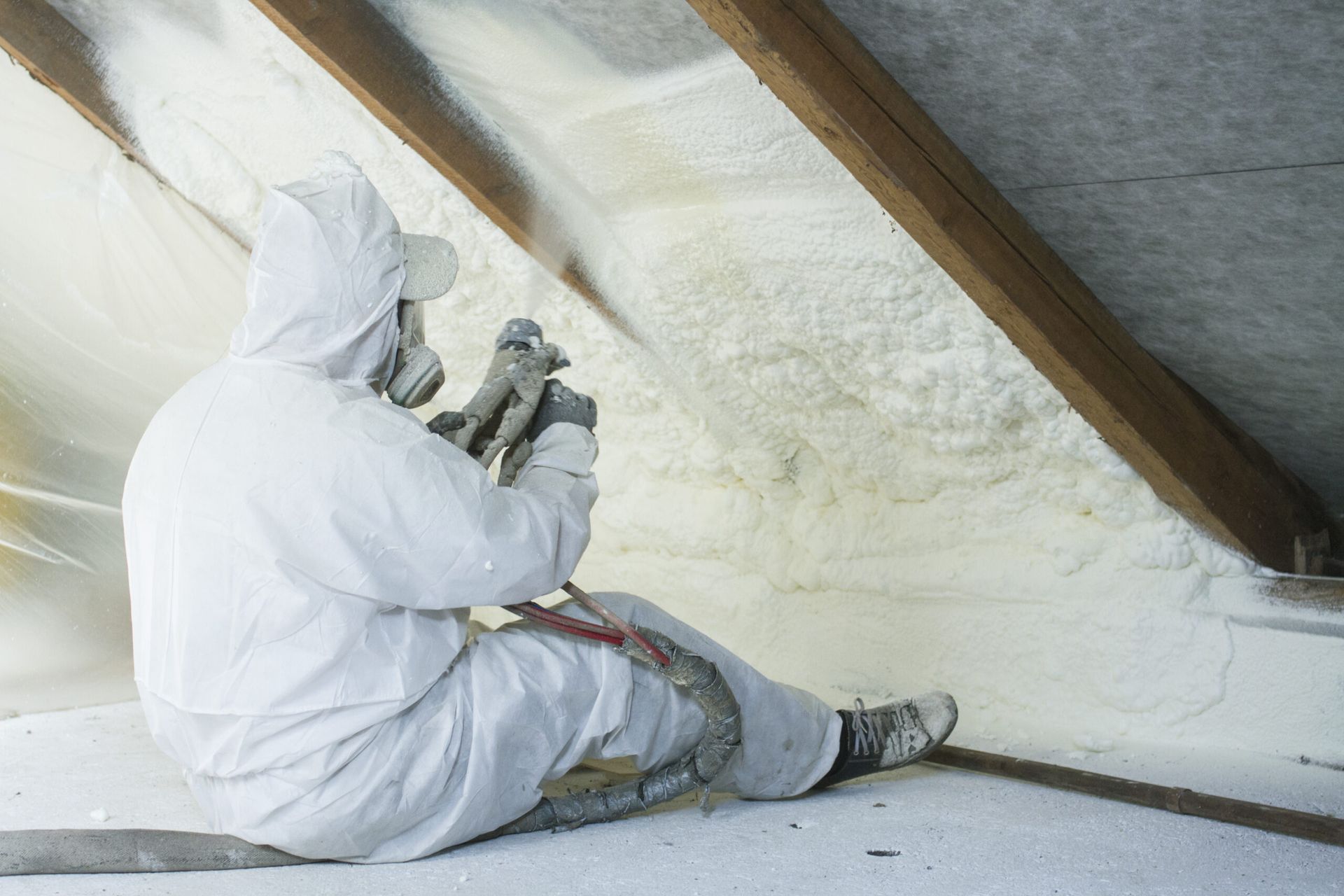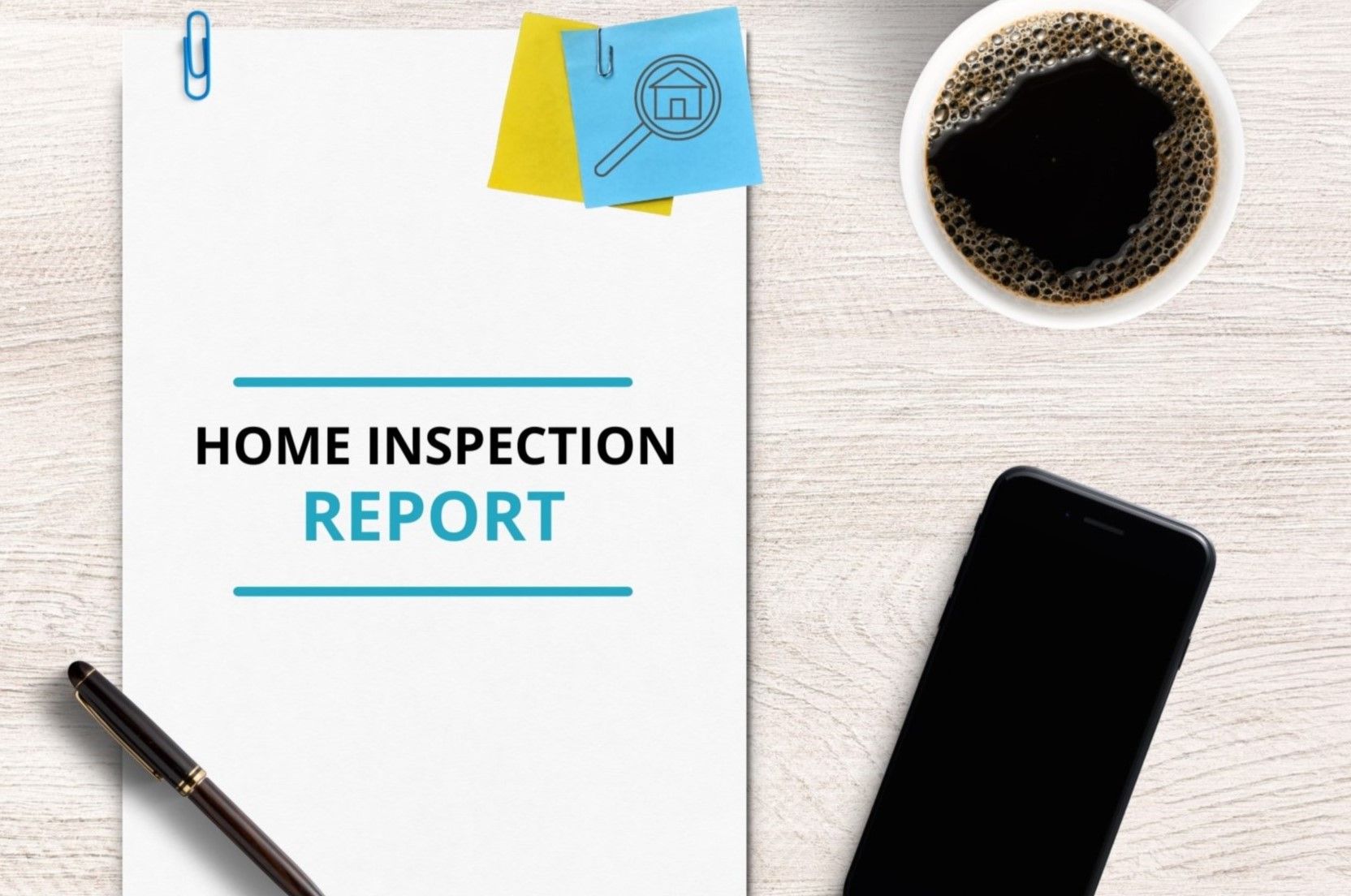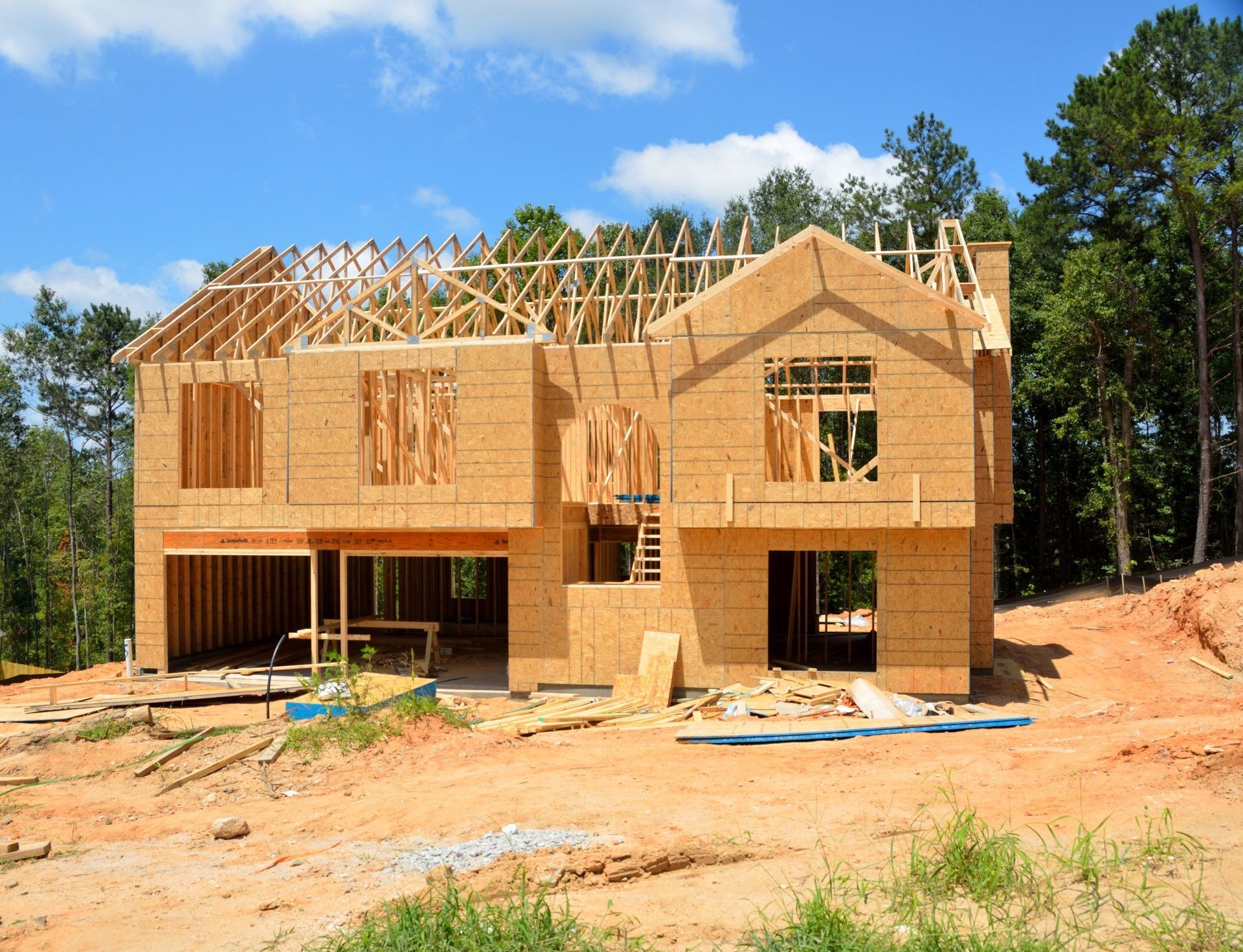Ross Nussle
May 6, 2025
Ensuring a Thorough Home Inspection for Peace of Mind
Buying a home is one of the biggest investments you'll make, and a home inspection is a critical step to ensure you're making an informed decision. A good home inspector can uncover potential issues that might not be visible to the untrained eye, saving you from costly repairs down the road. To get the most out of your home inspection, asking the right questions is key. Below is a list of the top questions to ask your home inspector to ensure a thorough evaluation of the property.
1. What Does Your Inspection Cover?
Understanding the scope of the inspection is essential. Most standard inspections cover the home’s major systems and components, such as the roof, foundation, plumbing, electrical systems, HVAC, and structural integrity. However, some inspectors may not include certain areas like pools, septic systems, or outbuildings unless specifically requested. Clarify what’s included and consider requesting additional inspections for specialized systems if needed.
2. How Long Will the Inspection Take?
The duration of the inspection can give you insight into how thorough the inspector will be. A typical inspection for an average-sized home takes about 3 hours, but larger or older homes may require more time. If the inspector plans to rush through in under an hour, it could be a red flag that they’re not being meticulous.
3. Can I Attend the Inspection?
Attending the inspection allows you to see issues firsthand and ask questions as they arise. A good inspector will encourage you to be present and walk you through their findings. This is also an opportunity to learn about the home’s maintenance needs and get a better sense of its condition.
4. What Are the Most Significant Issues You’ve Found So Far?
Asking this question during or after the inspection can help you prioritize concerns. Inspectors often identify both minor and major issues, but understanding which ones could have the biggest impact—such as structural problems or safety hazards—will help you decide whether to proceed with the purchase or negotiate repairs.
5. How Will You Present the Findings?
Most inspectors provide a detailed report, typically within 24-48 hours (same day with SFR Inspections!), that outlines their observations with photos and descriptions. Ask about the format of the report and whether it will include recommendations for repairs or further evaluations by specialists. A clear, well-organized report is crucial for understanding the home’s condition and sharing it with your real estate agent or contractor.
6. Are There Any Safety Concerns I Should Be Aware Of?
Safety issues, such as faulty wiring, mold, or structural weaknesses, should be top priorities. Ask the inspector to highlight any immediate safety hazards that could pose risks to you or your family. This information can also be used to negotiate repairs with the seller.
7. How Old Are the Major Systems, and What’s Their Condition?
The age and condition of major systems like the roof, HVAC, and water heater can significantly impact your budget. Ask the inspector the age of the equipment and whether the roof show signs of wear or damage. This will help you plan for future replacements or repairs.
8. Do You Recommend Any Additional Inspections or Tests?
Some issues, like radon, termites, or sewer line problems, require specialized inspections that may not be part of a standard home inspection. Ask if the inspector recommends any additional tests based on the home’s location, age, or initial findings. For example, homes in certain areas may need radon testing, while older homes might benefit from a sewer scope.
9. What Should I Do About Maintenance After Moving In?
A home inspection isn’t just about identifying problems—it’s also an opportunity to learn how to care for your new home. Ask the inspector for maintenance tips, such as how often to service the HVAC system, clean gutters, or inspect the roof. Their insights can help you keep the home in good condition and prevent future issues.
10. Can You Explain Anything That Seems Confusing or Concerning?
Home inspection reports can be overwhelming, especially for first-time buyers. If anything in the report is unclear or worrisome, ask the inspector to explain it in simple terms. They should be able to break down technical jargon and provide context about whether an issue is urgent or manageable.
Conclusion
A home inspection is your chance to gain a deeper understanding of the property you’re considering. By asking these key questions, you’ll ensure the inspector covers all critical areas, addresses your concerns, and provides a clear picture of the home’s condition. Armed with this information, you can make a confident decision about your purchase and plan for any necessary repairs or maintenance. Don’t hesitate to engage with your inspector—they’re there to help you navigate this important step in the home-buying process.

